Every marketing agency is facing a rapidly evolving landscape where AI tools are becoming essential for staying competitive and achieving growth.. One of the most transformative developments in recent years has been the rise of AI-powered tools. For marketing agencies, these tools are becoming essential to delivering personalized, data-driven, and effective campaigns. Let’s explore why AI-powered tools are the future of marketing and how they can help your business stay ahead of the curve.
How AI is Transforming the Marketing Agency Landscape
Artificial intelligence is no longer a futuristic concept; it is a reality reshaping the marketing industry. From automating repetitive tasks to generating insights from vast amounts of data, AI tools are proving indispensable for marketing agencies. Here are some of the ways AI is revolutionizing the industry:
- Enhanced Personalization: AI algorithms can analyze customer data and behavior patterns to create highly personalized content and recommendations. This level of personalization helps increase engagement, improve conversion rates, and build stronger relationships with customers.
- Improved Efficiency: By automating tasks such as data analysis, content creation, and campaign management, AI tools enable marketing teams to focus on strategy and creativity. This efficiency can lead to cost savings and higher productivity.
- Data-Driven Insights: AI tools can analyze vast datasets in real time, providing marketers with actionable insights to optimize campaigns. This data-driven approach allows businesses to make informed decisions and maximize their return on investment (ROI).
Key Benefits for a Marketing Agency Using AI-Powered Tools
AI-powered marketing tools offer a wide range of benefits that can help businesses achieve their marketing goals. Here are some of the most significant advantages:
1. Automated Content Creation
Creating high-quality content is time-consuming, but AI tools can help streamline this process. Tools like natural language processing (NLP) models can generate engaging content for blogs, social media, emails, and more. For example, an AI tool could analyze trending topics in your industry and create a draft blog post or social media caption in seconds.
By automating content creation, marketing agencies can save time and resources while maintaining a consistent flow of high-quality content. This not only improves efficiency but also helps in maintaining an active online presence that attracts and retains customers.
2. Enhanced Audience Targeting
AI-powered tools can analyze customer data to identify specific segments within your audience. This segmentation allows you to target each group with tailored messaging and offers, increasing the likelihood of conversion. For instance, AI can identify patterns in customer behavior, such as their preferred communication channels, the types of content they engage with, and their purchase history.
By leveraging these insights, marketing agencies can create hyper-targeted campaigns that resonate with each segment, improving engagement and ROI. This level of precision in targeting is difficult to achieve with traditional marketing methods.
3. Predictive Analytics for Better Decision-Making
AI tools equipped with predictive analytics can forecast future trends, customer behaviors, and campaign outcomes based on historical data. This predictive capability allows marketing agencies to make proactive decisions, adjust strategies in real-time, and stay ahead of the competition.
For example, a marketing agency could use predictive analytics to determine the best time to launch a campaign or identify which customer segments are most likely to respond to a particular offer. By making data-driven decisions, businesses can optimize their marketing efforts and achieve better results.
4. Improved Customer Engagement
AI-powered tools can enhance customer engagement by providing personalized experiences at scale. Chatbots, for example, use AI to provide instant, personalized responses to customer inquiries, improving satisfaction and retention. Similarly, AI-driven recommendation engines can suggest products or content based on individual preferences, increasing the chances of conversion.
By using AI to deliver personalized experiences, marketing agencies can build stronger relationships with customers and foster loyalty. This improved engagement translates to higher lifetime value and increased revenue for the business.
Case Study: How AI Transformed a Digital Marketing Agency
Let’s look at a real-world example of how AI-powered tools transformed a digital marketing agency and helped them achieve their business goals.
The Challenge:
A digital marketing agency was struggling to manage its growing client base and deliver personalized marketing campaigns at scale. The team was overwhelmed with manual tasks such as data analysis, content creation, and audience segmentation, leading to inefficiencies and missed opportunities.
The Solution:
The agency decided to implement AI-powered tools to automate its marketing processes. They used an AI-based content creation tool to generate blog posts and social media content, an AI-driven analytics platform to gain insights from customer data, and a chatbot to handle customer inquiries in real-time.
The Results:
Within six months, the agency saw a 40% increase in productivity and a 25% reduction in operational costs. The AI tools enabled them to deliver highly personalized campaigns at scale, resulting in a 30% increase in client satisfaction and a 20% boost in revenue.
Embracing the Future of Marketing
AI-powered tools are not just a trend; they are the future of marketing. For marketing agencies looking to stay competitive, adopting these tools is essential. By enhancing personalization, improving efficiency, and providing data-driven insights, AI tools can help agencies deliver better results for their clients and achieve sustainable growth.
If you want to future-proof your marketing strategy, now is the time to invest in AI-powered tools. The benefits are clear: increased efficiency, reduced costs, and improved ROI. Embrace the future of marketing today and set your agency on the path to success.

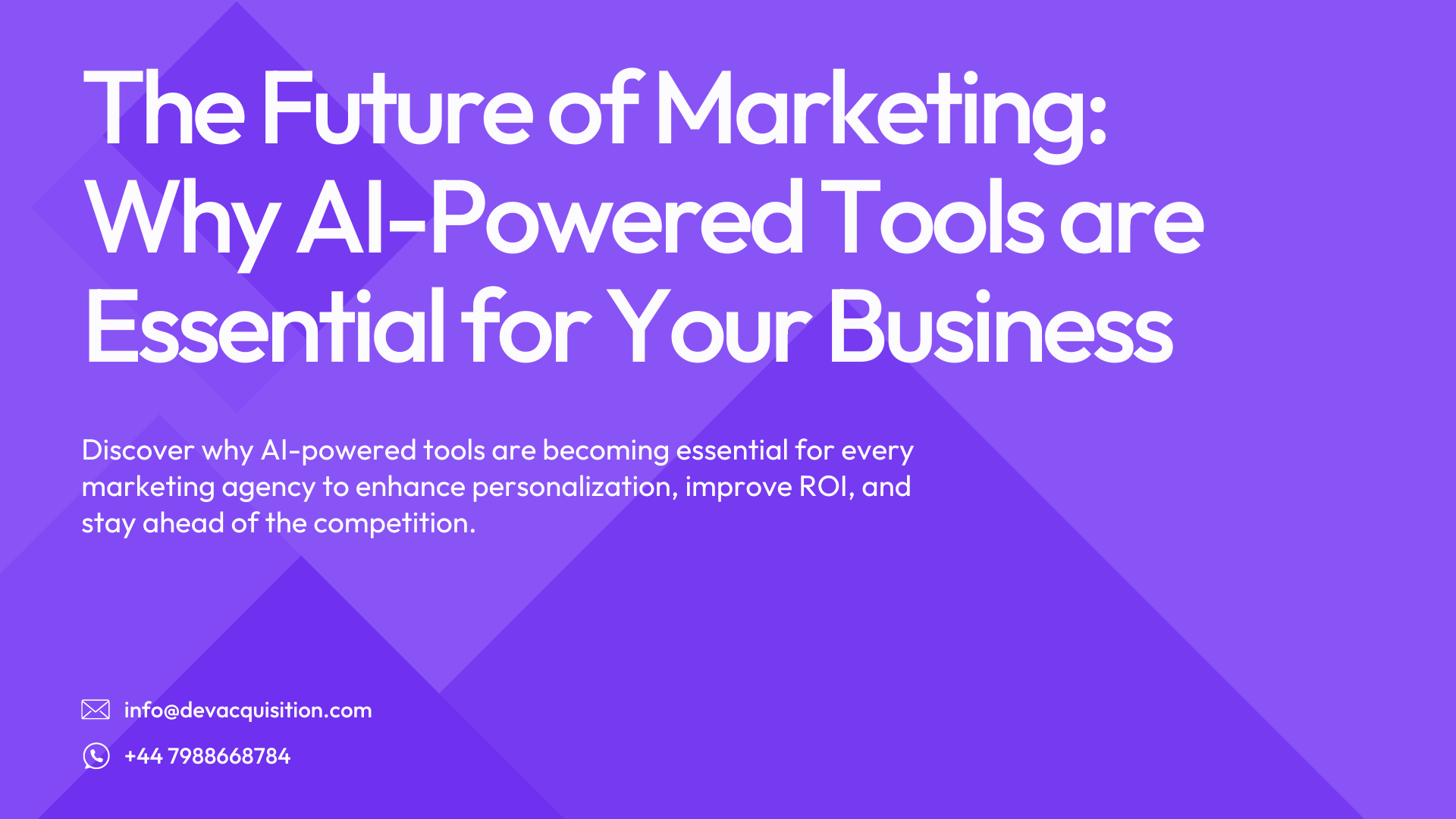
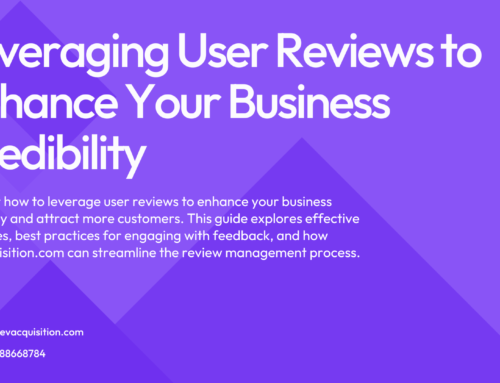
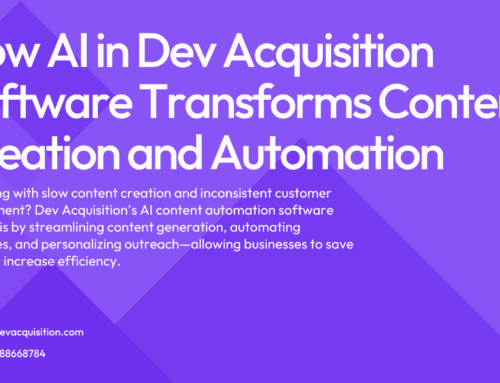
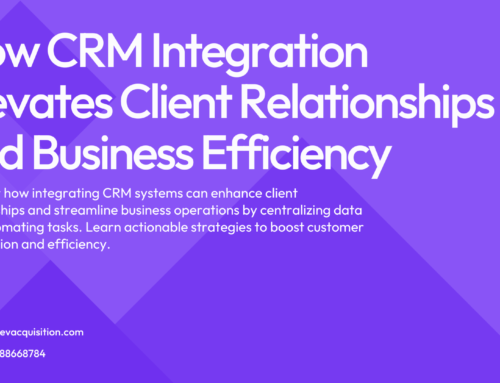
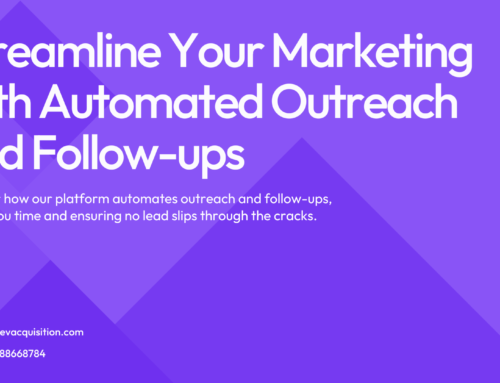
Leave A Comment